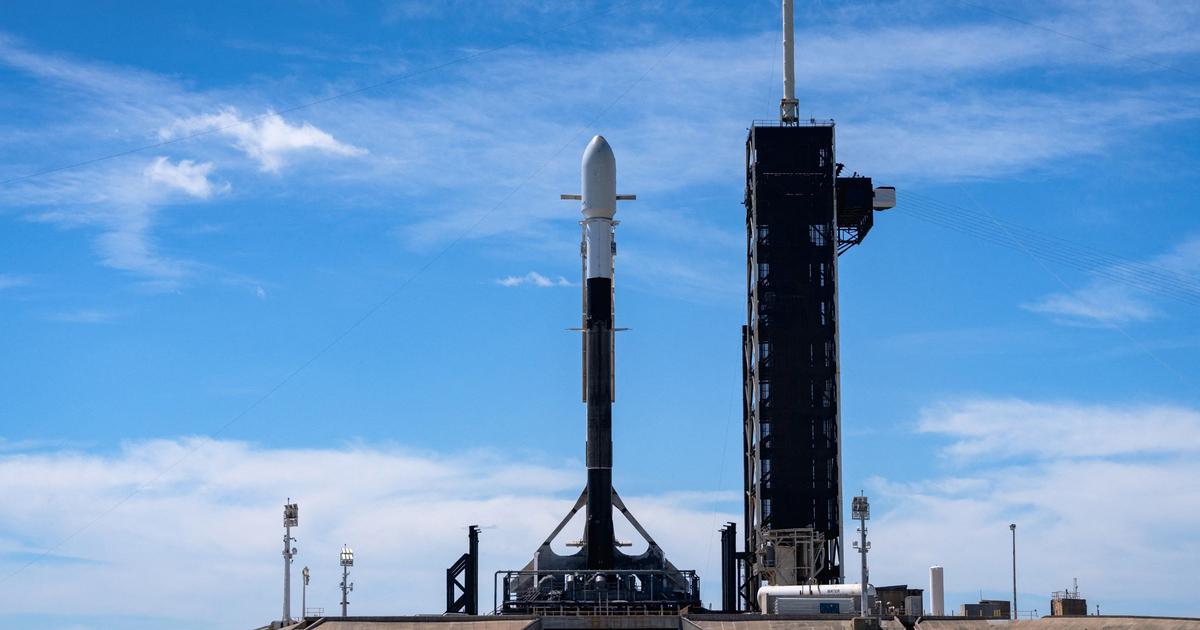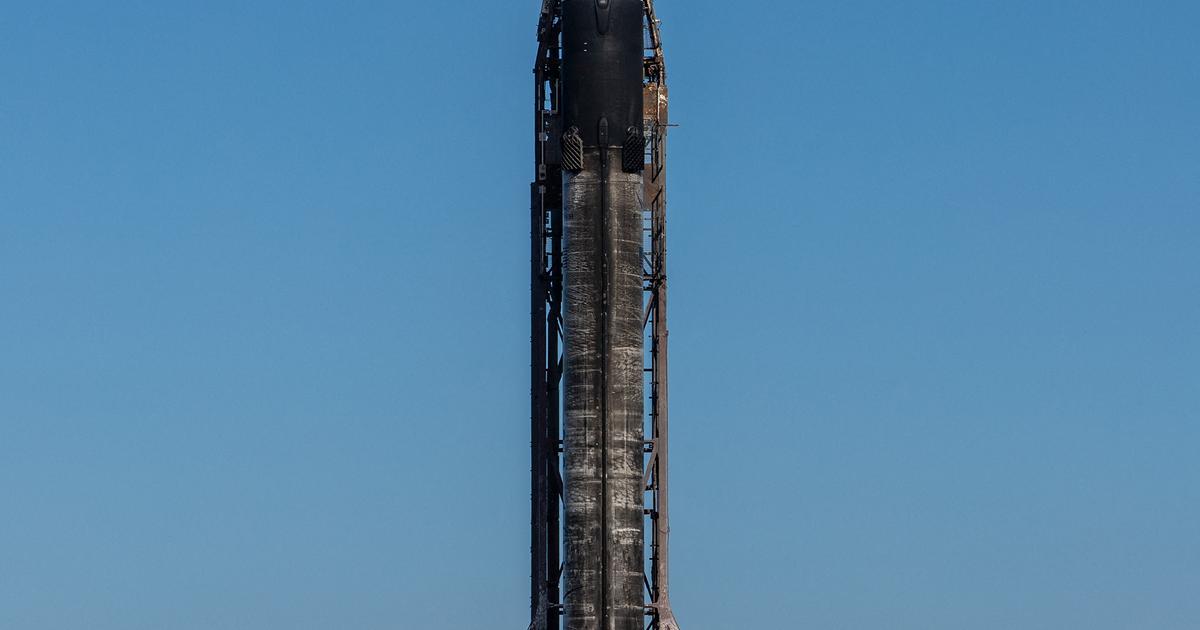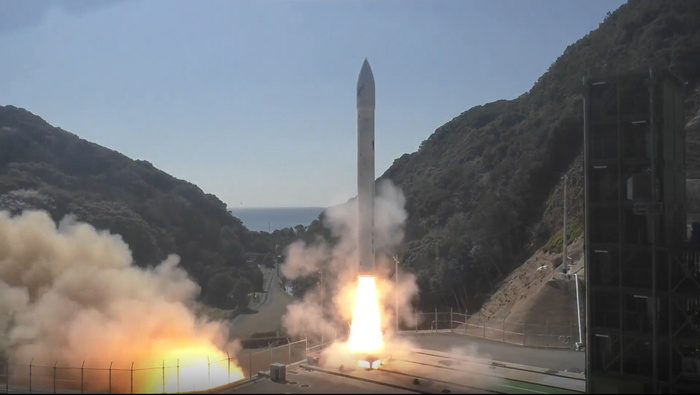The shooting caused confusion in Japan and Seoul. North Korea said Wednesday it had tried to launch a "military reconnaissance satellite" before it crashed "at sea." How to explain this failure? And what reactions has it provoked within the international community? A look back at the latest events.
What happened?
Pyongyang had announced on Tuesday that it would put a spy satellite into orbit in order to "confront the dangerous military actions of the United States and its vassals". But the attempt ended in failure: a "Cheollima-1 satellite transport rocket crashed into the West Sea," Korea's name for the Yellow Sea, state news agency KCNA reported. This fall at sea would be due to a technical problem: a "loss of thrust due to an abnormal start of the engine of the second stage, after the separation of the first stage during a normal flight," added the agency.
The projectile "quickly disappeared from radar before reaching its expected drop-off point," said the South Korean army quoted by Yonhap news agency. South Korea's military has released images of the debris of the satellite and its launcher it said it had recovered from the Yellow Sea, 200 km from Eocheong Island, far off the peninsula's western coast. These images show a large cylinder-shaped metal structure with a few pipes and wires at its end.
Debris from the satellite and its launcher recovered from the Yellow Sea, 200 km from the island of Eocheong. South Korean Defence Ministry / AFP
What precautions are taken by neighbouring countries?
This launch caused some confusion in neighbouring countries. Shortly before the shooting, sirens sounded in South Korea, accompanied by a "critical emergency" alert sent by Seoul City Hall at 06:41 (21:41 GMT) accompanied by a thunderous ringtone on all mobile phones in the city.
The alert, which urged residents to prepare for an evacuation by putting "children and the elderly first," was later rescinded, with the Interior Ministry citing an error. According to the South Korean military quoted by Yonhap, the rocket never threatened the Seoul metropolitan area.
In Japan, a missile alert was also issued in the southern department of Okinawa, calling on people to take shelter. It was also lifted by the government 30 minutes later.
What reactions?
Not surprisingly, the condemnations immediately multiplied. The United States slammed the launch, which uses "ballistic missile technology" and "risks destabilizing the security situation in the region and beyond," said Adam Hodge, spokesman for the U.S. National Security Council.
Pyongyang's announcement of the launch was also immediately condemned by Japan and South Korea, citing United Nations sanctions. These sanctions prohibit North Korea from launching ballistic missiles, which are based on the same technology as space launch vehicles.
"If North Korea does indeed proceed with this launch, it will have to pay the price and endure the suffering it deserves," South Korea's foreign ministry said.
What context?
Since an escalation of tensions since 2019 with its neighbor, North Korea has accelerated its military development and declared itself an "irreversible" nuclear power through its leader, Kim Jong Un. He called for an "exponential" increase in North Korea's arsenal, including tactical nuclear weapons.
" READ ALSO North Korean ballistic missile: the international community disarmed against Pyongyang?
But according to specialists, Pyongyang does not have any satellites in operation, although it has sent five to space. Three launches failed. As for the other two devices, which were probably put into orbit, no independent organization has ever picked up their signals, suggesting a malfunction.









/cloudfront-eu-central-1.images.arcpublishing.com/prisa/64IMUBBOIZEUXMA6MUFZQMQHHE.jpg)